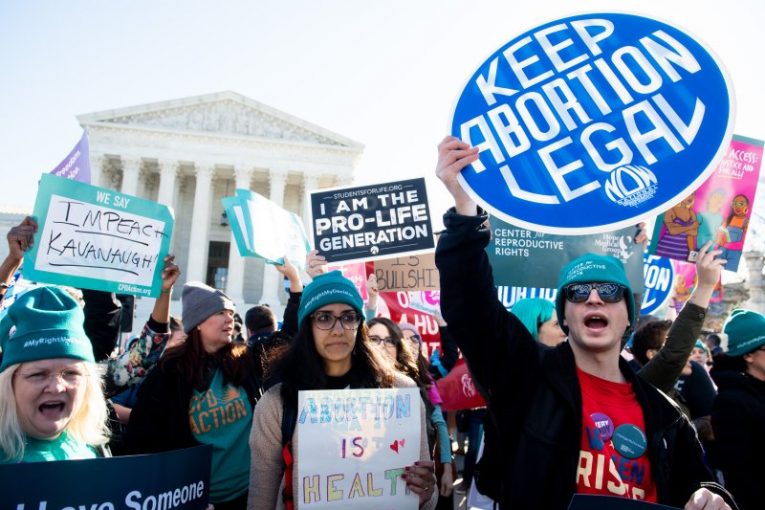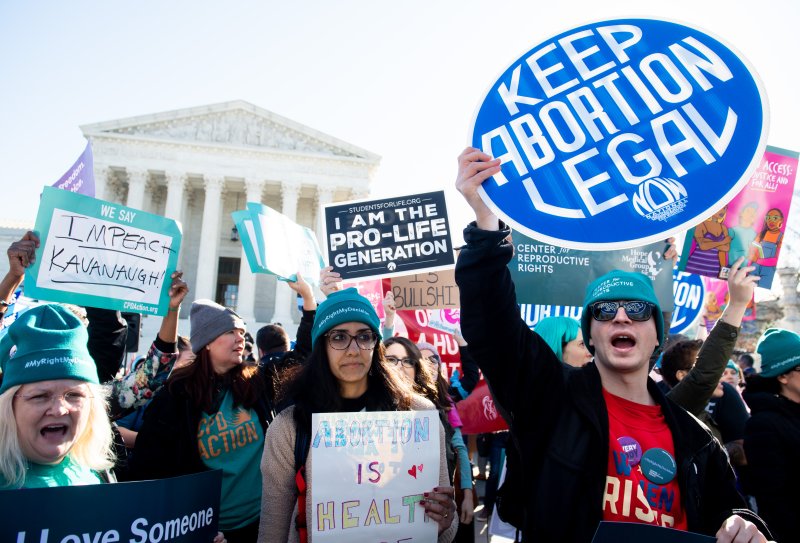

Special to the Vanguard
Sacramento, CA – Across the country, nearly 900 state lawmakers from across California and around the country have sign an amicus brief in support of women’s right to make their own reproductive health decisions in Dobbs v. Women’s Health Organization.
This week, Assemblymember Cecilia Aguiar-Curry announced she was one those who signed it.
This Supreme Court case, for which arguments start this December, is likely to decide the future of abortion rights in the United States. The brief, signed by 897 state legislators, including Assemblymember Aguiar-Curry, represents the strongest showing to date of state legislators supporting  women’s right to choose nationwide.
women’s right to choose nationwide.
The Mississippi law at the heart of the case bans abortion services after 15 weeks of pregnancy — well before the 24-week precedent established by Roe v. Wade. Despite multiple lower courts’ rulings that the law was clearly unconstitutional, the Supreme Court agreed to hold oral arguments to determine whether all pre-viability abortion bans are constitutional. Arguments in Dobbs v. Women’s Health Organization come on the heels of Texas enacting a law that effectively bans all abortions in the state after six weeks of pregnancy, before most women can know if they are pregnant, and emboldens anyone to surveil and harass virtually anyone under claims of noncompliance with the law.
“I signed this brief because I believe abortion is health care, and decisions about health care should be made by a woman in consultation with her doctor,” Assemblymember Aguiar-Curry said. “The precedent set in these two cases flies in the face of Roe v. Wade, a cornerstone legal standard that has stood for nearly 50 years and ensures that all women – not just the rich or those fortunate enough to live in a Roe-upholding state – can access the full complement of health care decisions, without the interference of the government.”
Public sentiment is overwhelmingly in favor of keeping Roe, according to a recent Data for Progress poll, with 60 percent in favor and 23 percent against. By a 2-1 margin voters also strongly disapprove of allowing vigilantes to sue individuals they suspect of “facilitating” an abortion—the cornerstone of the Texas bill.

Maybe in some states.
Great – is she an attorney who has studied the legal issues, or someone who is in a position to craft laws for the United States?
Is abortion likely to be declared illegal in California?
If the answers are “no”, why is a state Assemblymember weighing in on an issue that is being decided by the Supreme Court?
Does the Supreme Court consider such opinions?
How does she feel about the situation in Syria, for example?